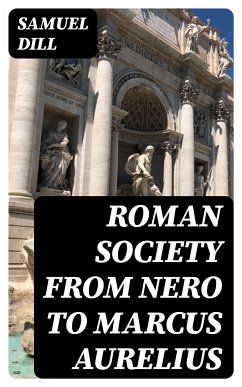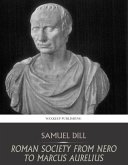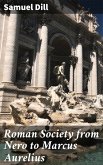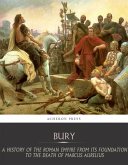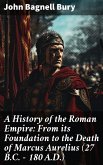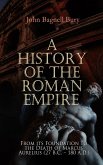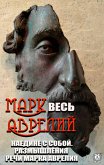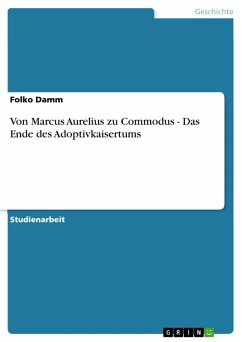In "Roman Society from Nero to Marcus Aurelius," Samuel Dill provides a meticulous exploration of the cultural and social dynamics of Rome during the pivotal juncture between the Julio-Claudian and the Antonine periods. Dill employs a comprehensive literary style that deftly marries historical analysis with vivid narrative, revealing the intricacies of daily life, class structure, and the pervasive influence of Imperial power in shaping societal norms. His work is situated within the scholarly discourse of social history, drawing connections between political upheaval and the lived experiences of Roman citizens amidst the grandeur and decay of the Empire. Samuel Dill, a noted classical scholar, was profoundly influenced by the rapid changes in the social fabric of 19th-century Europe and how these mirrored the past he examined. His academic pursuits, which included a keen interest in the evolution of political ideologies and governance, guided him to delve into the interplay between individual agency and institutional authority within Roman society. Dill's rigorous approach to historical methodology underscores the realism in his narrative, allowing the reader to grasp the complexities of the era. This book is essential for anyone seeking to understand the social currents that shaped Rome during a critical period of transformation. Dill's illuminating insights not only enrich our comprehension of ancient Rome but also echo in contemporary discussions about society, power, and cultural identity. A must-read for historians, classical scholars, and enthusiasts alike.
Dieser Download kann aus rechtlichen Gründen nur mit Rechnungsadresse in A, B, BG, CY, CZ, D, DK, EW, E, FIN, F, GR, H, IRL, I, LT, L, LR, M, NL, PL, P, R, S, SLO, SK ausgeliefert werden.

